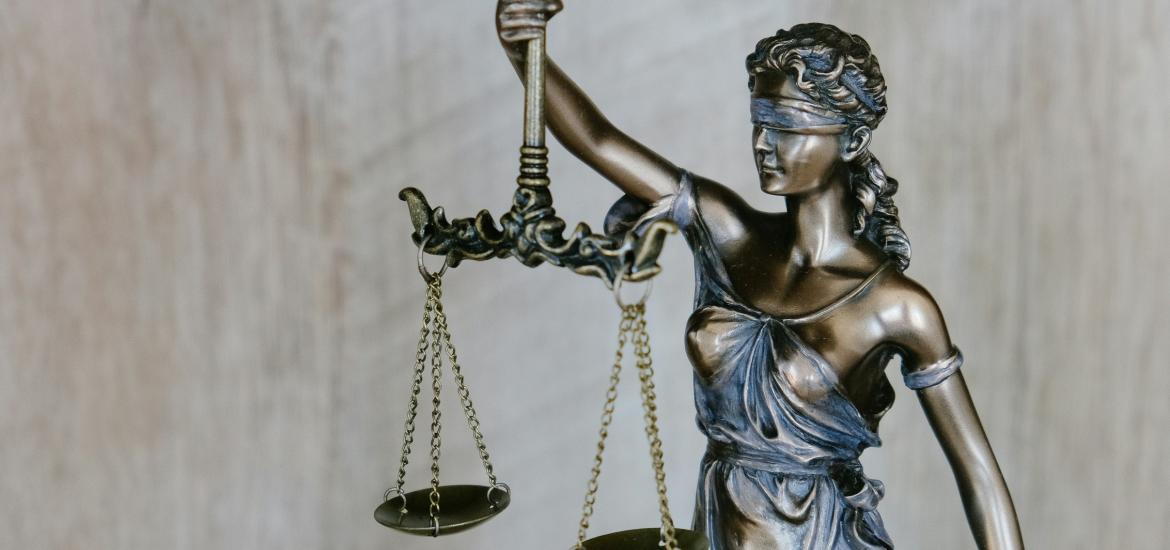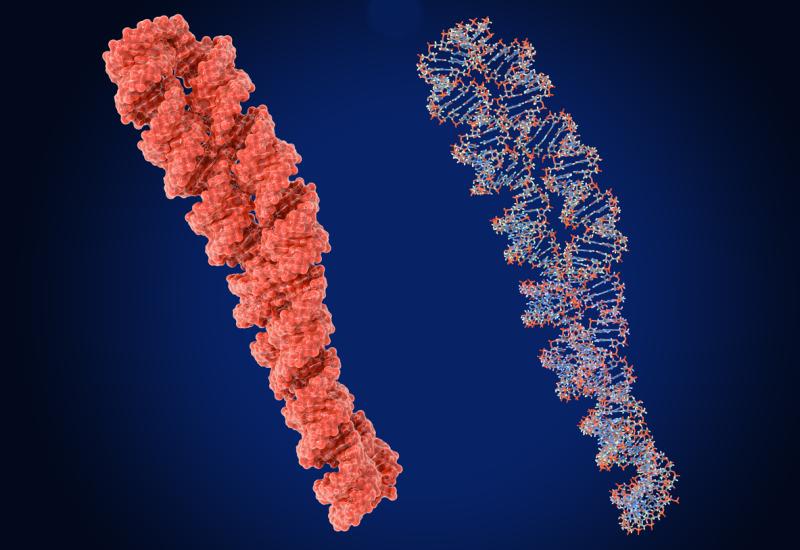
AnaptysBio and GSK fall out again
Five years after settling, GSK is again accused of breaching the Jemperli deal.
Five years after settling, GSK is again accused of breaching the Jemperli deal.

Just as GSK’s Jemperli sits poised to become a blockbuster, an unexpected falling out between the UK big pharma and the drug’s originator, AnaptysBio, has put in jeopardy the companies’ 11-year collaboration.
It appears that AnaptysBio took issue with GSK conducting separate studies involving Keytruda – a direct Jemperli competitor – something it claims to be in breach of the groups' agreement. GSK, in response, alleges that AnaptysBio’s conduct puts the smaller company in material breach, and that this allows GSK to terminate the deal.
The issue had been rumbling for some time, and AnaptysBio claims to have been trying to engage GSK to discuss and resolve the matter. On Thursday, “without notice”, AnaptysBio claims, GSK initiated a lawsuit in Delaware Chancery Court; on Friday AnaptysBio countersued, and at present the matter is expected to come to trial next July.
11 years ago
The companies’ collaboration dates back to 2014, and involves not only Jemperli but also Zejula, as well as the anti-TIM-3 MAb cobolimab and the anti-LAG-3 MAb encelimab, both of which have now been discontinued. It originally involved not GSK but Tesaro, which GSK acquired in 2018 for $5.1bn.
At issue appears to be the scope for GSK to engage in other activities related to the molecules under licence. Notably, the current dispute isn’t the first time the companies have fallen out.
Some years ago AnaptysBio sued GSK over the latter’s plan to study Zejula in combination with Keytruda. That matter was settled in 2020, with GSK being allowed to study Zejula combos in return for a $60m payment and a significant increase in Jemperli royalties payable to AnaptysBio, namely 8-25% rather than the earlier 4-8%.
AnaptysBio is now alleging something similar, claiming that GSK has continued to engage in trials involving Keytruda – thus violating GSK’s “exclusivity obligations”. One example of such a study would be the phase 1 solid tumour trial GSK started last year combining the B7-H3-targeting ADC GSK5764227 with various molecules, including Keytruda, Tecentriq and Imfinzi.
GSK’s suit doesn’t specify what behaviour amounts to AnaptysBio committing a material breach. But it claims that this entitles GSK to terminate the Jemperli agreement, “obtain a perpetual and irrevocable licence” to the drug, and to halve the royalties and milestone payments it’s obliged to pay AnaptysBio.
There’s only $165m of milestones still due, including a $75m payment expected in the current quarter once Jemperli’s annual sales exceed $1bn. The more significant part of the claim relates to royalties; should GSK be successful this could see AnaptysBio receiving $195m a year – instead of $390m – once Jemperli sales peak at an expected $2.7bn.
GSK vs AnaptysBio: what’s at stake
| Trigger | Amount | Received by AnaptysBio |
|---|---|---|
| Various Jemperli milestones, incl US & EU filings & approvals | $133m | 2015-24 |
| Milestone for Jemperli annual sales >$750m | $50m | Q3 2025 |
| Milestone for Jemperli annual sales >$1bn | $75m | Expected Q4 2025 |
| 8% royalty on Jemperli sales <$1bn | $80m a year* | Expected 2025 |
| Above, plus 12% royalty on Jemperli sales $1-1.5bn | $140 a year | TBC |
| Above, plus 20% royalty on Jemperli sales $1.5-2.5bn | $340 a year | TBC |
| Above, plus 25% royalty on Jemperli sales >$2.5bn | $390 a year | TBC |
| Future Jemperli milestones | $90m | TBC |
Note: *this amount is mortgaged to Sagard Healthcare Royalty Partners under a 2021 royalty monetisation deal. Source: SEC filings.
For its part, AnaptysBio’s countersuit asks the court to rule that GSK is in material breach and has tortiously interfered with the 2014 agreement, and to declare that AnaptysBio is entitled to “all rights and remedies” under the deal.
Not long before this falling out, AnaptysBio celebrated Jemperli’s performance, citing GSK’s reported sales of $303m in the third quarter, and $785m in the first nine months of 2025, amounting to 17% quarter-on-quarter growth. It doesn’t appear that any failure to promote Jemperli sufficiently – a common complaint from biotechs about their big pharma partners – is being alleged.
Under a 2021 agreement AnaptysBio mortgaged much of the Jemperli royalty due from GSK to an entity called Sagard, which clearly stands to lose a significant revenue stream should GSK’s action succeed. AnaptysBio is separately planning to split its royalty-generating and R&D businesses into two publicly traded entities.
2055













